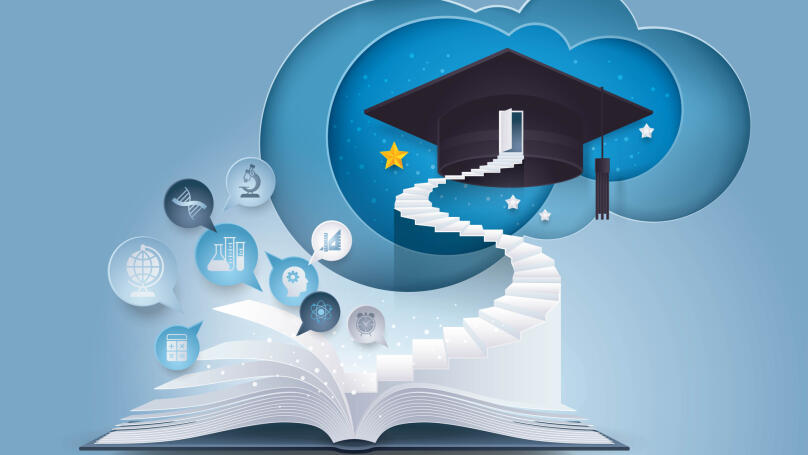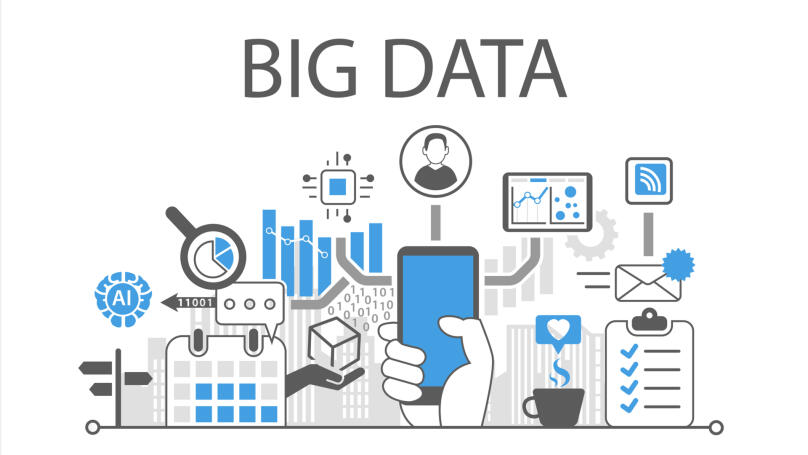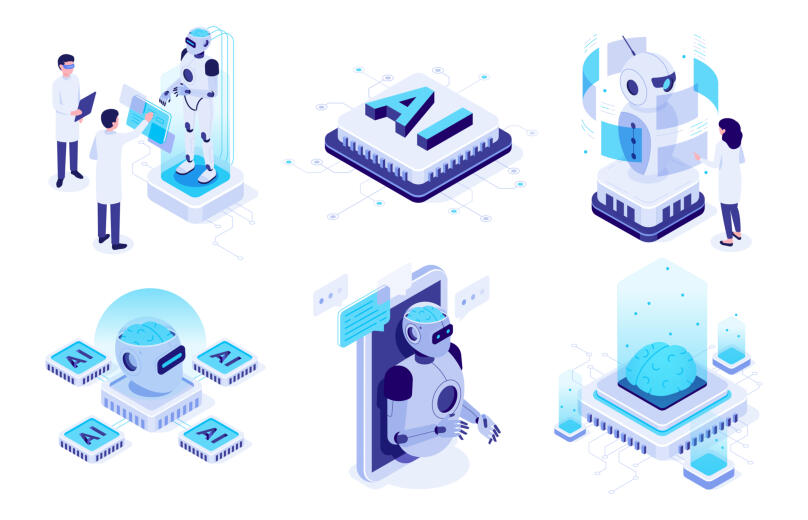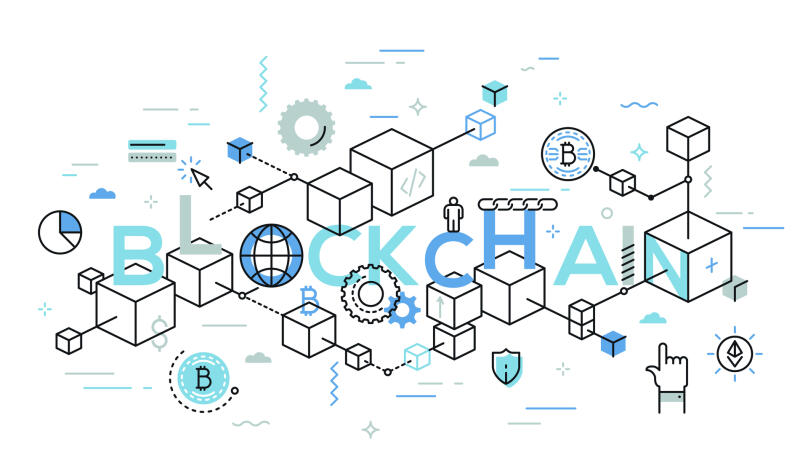The Top Five Educational Trends in 2021
Well, friends, the summer of 2021 continues the trend of “Cancel all plans and rethink them.” Somewhere all boundaries are opened, and social life is, hopefully, gradually, coming back to life.

On the flip-side, the looming shadow of yet another new lockdown seems inevitably around the corner. So, what's pertinent and ubiquitous to everywhere right now? Learning, of course! Using our newfound new remote to beef up your skills, infusing yourself with new resources as we all hopefully emerge from self-isolation, and build our lives in a new way in a transforming world.
Even before the pandemic, many new trends were emerging at EdTech but the pandemic has forced us to look at completely different technologies. For example, many educational institutions have had to move urgently to remote learning, so the technologies that enable it have come to the fore. Without a doubt, this trend will continue for the foreseeable future. But why? Firstly, we are only just embryonically recovering from the pandemic, and, secondly, we can't rule out epidemics similar to the current health crisis in the future. Consequently, it's best to be proactive and be prepared.
That's why distance learning is a major trend in modern education, but it is by no means the only one. Other EdTech technologies also help to make learning more convenient and effective. The extent to which they can make training more visual is apparent because some hospitals are already using animations to demonstrate proper nursing care in their training. So, what other EdTech trends should we consider a must-have for 2021?
Fast Online Courses

Remember that many schools, universities, and colleges have switched to remote learning because of the lockdowns. More often than now, a video messenger and an instructor are enough. Nevertheless, to increase the effectiveness of this unfamiliar format of learning, more and more students and institutions themselves are turning to online courses.
During the pandemic, the demand for them has increased significantly, and online courses are popular with both students and office workers who've decided to upgrade their skills. Today's preference is for short and intensive courses, such as Lectera courses, which students can take without interruption and with a maximum emphasis on practice.
The visual component in learning

Today, an average person learns as much information in a month as someone in the seventeenth century did in their whole lifetime. Furthermore, most of the new information is taken visually. It is a characteristic feature of today that we analyse and absorb large amounts of visual data. Previously, it was resource-intensive to use the visual component in teaching: the school had to buy additional subjects, and the teachers had to put on theatrical presentations.
However, it's now much easier to diversify learning with visuals because modern technologies allow students to arrange high-quality video viewing easily. For instance, they're using a flipchart board. Thanks to this, visualisation doesn't increase a teachers' workload. It reduces it. Teachers now no longer have to spend a lot of time and effort to make their lessons more interesting.
More Big Data

Today, almost any gadget collects data about a person: our computer, smartphone, or even a smartwatch. If this data can then be used to show us relevant contextual advertising, why not use it to enhance our learning? Educational platforms collect data on students for just that.
To tailor courses for everyone, they need to analyse student search queries, student performance, information on the results they've achieved in past classes, their feedback on courses, etc.
AI (Artificial Intelligence)

Artificial Intelligence is the ability of machines to learn and solve problems that previously only humans could solve. While artificial intelligence is still inferior to humans in many things, machines already do some tasks much better than we do. For example, they analyse and process data much faster than humans. AI can already be used to process large amounts of information and do simple, monotonous work.
In all likelihood, AI has every chance of becoming a leading trend in EdTech. Firstly, it could be used for chatbots so that students can easily get an answer to a lot of questions if the teacher is unavailable. Secondly, AI can analyse students' progress autonomously, identifying strengths and weaknesses to adjust the educational programme for them according to their needs.
The Blockchain

Systemising data and ensuring its protection are the most complex and important challenges facing today's schools. The Blockchain, however, makes it easy to solve all these challenges. With it, data gets collected into a sequence of blocks and is encrypted. Every device on the network contains the same data on other devices, making it impossible to alter or destroy the data because the data protection on the Blockchain is sophisticated cryptographic encryption. Moreover, it's also virtually impossible to hack into the system. That's what makes Blockchain an ideal way to store all your vital information. What's more, it can even provide control over the plagiarism of scientific papers!
Whatever the future holds, EdTech will help the world face any crisis with its head held high. EdTech technology is already taking education to a whole new level and opening up opportunities for students and teachers alike that could have only previously been conceived in science-fiction films twenty years ago. There's no doubt that the best is yet to come, and we should look forward with excitement to seeing what EdTech has to offer in just a year.
Share this with your friends via:
Latest News

In the UK, £23 million has been allocated for the expansion of the EdTech Testbed program — pilots of educational technologies in schools and colleges.

In the US, Tuskegee University announced the launch of Tuskegee University Global Campus (TUGC) — a new online platform for distance learning.

A significant stage in the development of the alternative education system has begun in West Northamptonshire in the UK: the County Council is actively calling on parents, guardians, and trustees to participate in shaping the future of this key area.

Outwoods Primary School in Atherstone, Warwickshire, having experienced deep sadness after the loss of their famous cat, Silla, has found solace in a new pet – a Maine Coon named Aloysius O’Hara.

In modern universities, artificial intelligence, and in particular ChatGPT, is rapidly transforming from a controversial tool into a full-fledged student assistant.












 £23 million allocated for the expansion of EdTech Testbed in the UK
£23 million allocated for the expansion of EdTech Testbed in the UK
 Tuskegee University launches Global Campus — a new online platform
Tuskegee University launches Global Campus — a new online platform
 Test: How Psychologically Mature Are You? Check Your Inner Foundation.
Test: How Psychologically Mature Are You? Check Your Inner Foundation.
 Test. Check Your Social Media Dependency Level!
Test. Check Your Social Media Dependency Level!
 Test: What Business is Right For You?
Test: What Business is Right For You?
 Test: How Prone Are You to Abusive Behavior as a Manager?
Test: How Prone Are You to Abusive Behavior as a Manager?
